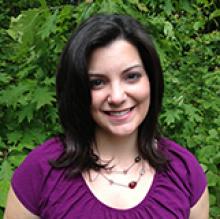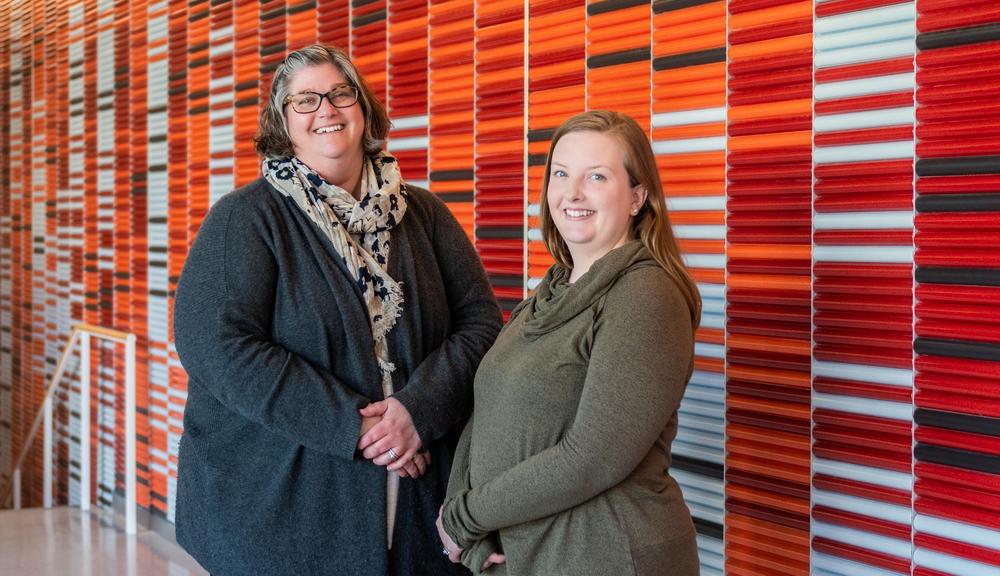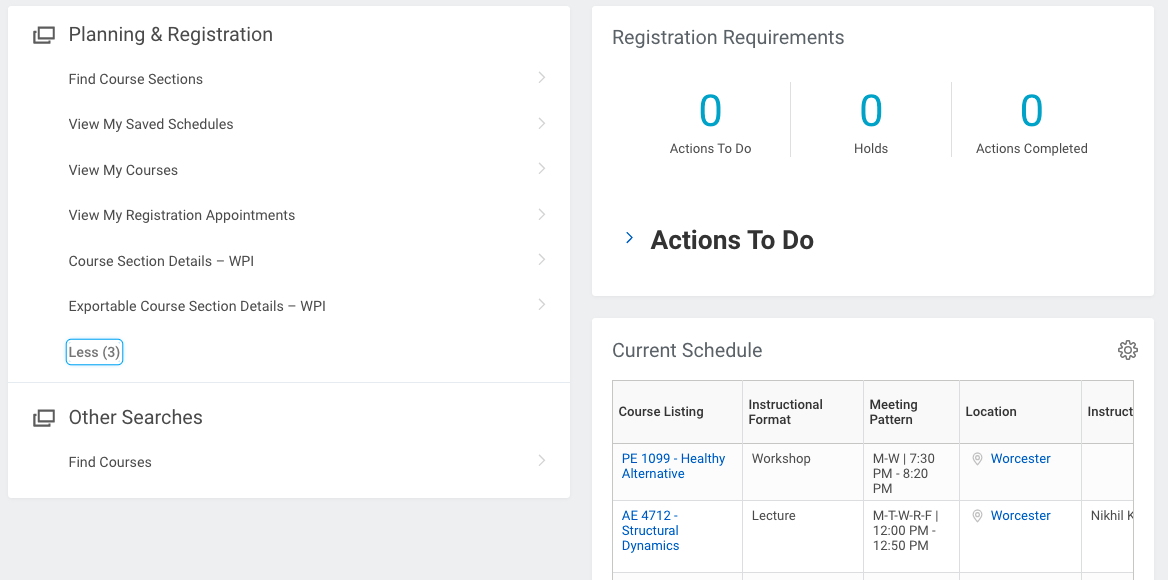Taking an exam is stressful enough for most WPI students, but when your learning style doesn’t work well with a typical classroom exam setting, it’s even more difficult.
Because individual students work best in a variety of environments, WPI works hard to make sure each student has the opportunity to achieve to the fullest potential, regardless of disability. To help this, the Office of Accessibility Services (OAS) proctors exams throughout the academic year to offer accommodations for students who might need an alternative setting or other testing-based accommodations.
“Our goal is to level the playing field,” says Laura Rosen, ODS director. “Testing accommodations are not an advantage, but rather provide students the same opportunities as their peers.”

Laura Rosen
Last year the office proctored 3,300 exams; this year, in A-Term alone, 959 exams were proctored. On Thursday, Oct. 13, some 200 exams were proctored as final exams finished up. “Each year, we increase in numbers,” says Rosen, who notes WPI has long offered accommodations, but they were through Academic Advising until 2011.
The accommodations support a wide range of students with varying disabilities. Some students might need extra time on an exam while others might need to have the exam questions read aloud. Students meet with the Office of Accessibility Services to determine what other strategies they have tried and, if an accommodation is necessary, what will work best for the individual student.
These accommodations will follow a student through their years at WPI, says Rosen, although if a student broke a wrist of their dominant hand, for example, they might qualify for a short-term accommodation. The exam proctoring through the Office of Accessibility Services is currently reserved only for those students requiring testing-based accommodations and not for make-up exams. The Exam Proctoring Center is open from 8 a.m. to 5 p.m., but students must sign up ahead of time to have an exam proctored.
Oftentimes, a typical classroom setting during a high-pressure exam situation is overwhelming. Students may be extremely distracted if they hear pages being flipped, people clearing their throats, or coughing, says Rosen. And if a student notes others turning in their exams and then leaving during the same period, it can create mounting pressure as the student realizes how many students are done, while they are not close to completion. If a student takes an exam in a separate setting where it is proctored, many other exams are taking place—and at varying times. The staggering of the exams alone is enough to remove that tremendous added pressure to finish, says Rosen.
Besides staging the exams being proctored, noise in the room is muted with the addition of brown noise (like white noise), a low-level background noise that helps make any extra audible distractions in the room less noticeable while, in itself, not being distracting.
The last day of final exams is traditionally a big day for proctoring, and Rosen says her staff puts in a tremendous amount of work to make sure the students receive the accommodations they need in a less-distracting environment.
“Jessica Szivos, our assistant director, oversees and plans the day,” says Rosen, but the staff is all-hands-on-deck to make sure the laptops, printers, equipment, and exams are all ready to move to and from the proctoring room in Morgan Hall to the Odeum.
As students finish up exams, the office makes sure they get the exams back to professors as quickly as possible in the format they need. Not only do the professors need to grade the exams, but they also need to know the student took the exam on time and as requested.
Generally, the accommodations students request are decided upon in consultation with the Office of Accessibility Services. Many students had similar accommodations in high school and are familiar with what accommodations will work for them when they arrive on campus. But others, who may have found ways to compensate for their disability in high school, find that the new level of work and expectations at WPI may require them to request accommodations for the first time.
Students seeking to request accommodations in a particular course must share an accommodation letter with their professors and are encouraged to speak with them regarding how the accommodation will work in that specific class. They are never required to tell a professor what their disability is as that is a personal decision for each student.
“Some students are more open to sharing their learning style and how their disability impacts them in the classroom whereas others may just want to speak about how the accommodations will be implemented,” says Rosen. Many professors already include an accessibility statement in their syllabus, which encourages students to feel comfortable approaching them regarding their accommodation needs.
And students with accommodations are free to choose the specific courses in which they will need to use the accommodation. While one student will use a specific accommodation for all courses, some others might only use them for one or two.
The general hope is that people on campus celebrate differences and understand how people learn in different ways. Says Rosen, “We are a growing operation dedicated to making students with disabilities feel supported on campus.”
- By Julia Quinn-Szcesuil



